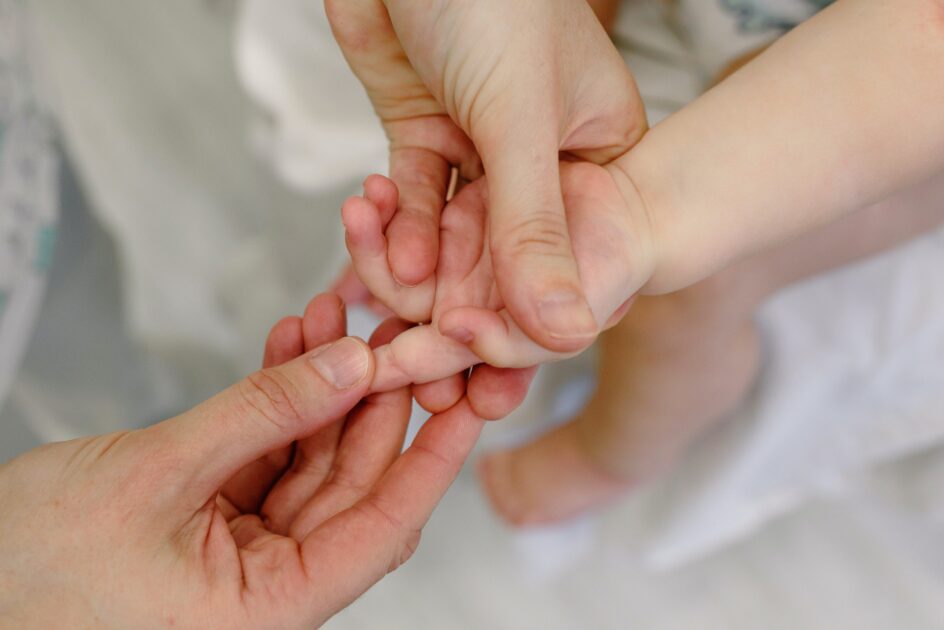How to Keep Your Baby’s Skin Healthy and Hydrated
Babies have delicate and sensitive skin that requires proper care to stay healthy and hydrated. As a parent, you want to do everything in your power to ensure your baby’s skin stays soft, smooth, and protected. In this article, we will go over some tips and tricks to help you keep your baby’s skin healthy and hydrated.
Understanding Your Baby’s Skin
Your baby’s skin is much thinner and more delicate than an adult’s skin. It is also more susceptible to damage from environmental factors such as harsh chemicals, sunlight, and extreme temperatures. Additionally, babies have a higher water content in their skin, which can quickly evaporate if not properly hydrated. It is important to understand these differences when caring for your baby’s skin.
The Importance of Moisturizing
Moisturizing is essential for keeping your baby’s skin healthy and hydrated. It helps to lock in the natural oils and moisture in their skin, preventing it from becoming dry and irritated. Look for a moisturizer that is specifically designed for babies and contains natural ingredients. Avoid using heavy creams or lotions that may clog your baby’s delicate pores.
Avoiding Harsh Chemicals
When it comes to your baby’s skin, it is always best to avoid harsh chemicals and fragrances. These chemicals can cause skin irritation, dryness, and even allergic reactions. Look for products that are labeled as hypoallergenic, fragrance-free, and gentle. It is also a good idea to patch test any new products on a small area of your baby’s skin before using them all over.
Protecting Your Baby from the Sun
The sun’s harmful UV rays can cause damage to your baby’s delicate skin. It is important to protect your baby from the sun, especially during peak hours between 10 am and 4 pm. Dress your baby in lightweight clothing with long sleeves and pants, and use a baby-friendly sunscreen with a high SPF rating.
Keeping Your Baby’s Room Hydrated
The air in your baby’s room can also have a big impact on their skin. Dry air can strip the moisture from their skin, making it dry and uncomfortable. To combat this, use a humidifier in your baby’s room to add moisture back into the air. This will help to keep your baby’s skin hydrated and comfortable.
Bathing Your Baby the Right Way
Bathing your baby is an important part of keeping their skin healthy and hydrated. However, it is important to do it correctly to avoid drying out their skin. Use a gentle, fragrance-free baby wash, and avoid soaking your baby for too long. After bathing, gently pat your baby’s skin dry and immediately moisturize to lock in the moisture.
Choosing the Right Diapers
Diapers are a necessary part of caring for your baby, but they can also contribute to skin irritation and dryness. Choose a diaper that is designed for sensitive skin, and avoid using ones with harsh chemicals or fragrances. If you notice your baby has diaper rash, switch to a diaper cream that is specifically designed to soothe and protect their skin.
Conclusion
Caring for your baby’s skin requires a little extra effort, but it is well worth it to keep their skin healthy and hydrated. By following these tips and tricks, you can help protect your baby’s delicate skin from environmental factors and keep it soft, smooth, and protected.
FAQs
- How often should I moisturize my baby’s skin?
It is generally recommended that you moisturize your baby’s skin on a daily basis, particularly after bathing or when their skin is dry. Babies have delicate and sensitive skin that can be easily irritated, so keeping their skin well-hydrated can help prevent dryness, itching, and other skin irritations.
2. What should I look for when choosing skincare products for my baby?
When selecting skincare products for your baby, it’s essential to choose gentle, hypoallergenic, fragrance-free products that are specifically designed for babies’ sensitive skin. Look for products that are free from harsh chemicals, such as parabens, sulphates, and phthalates, and check the ingredients list for any known allergens.
How useful was this post?
Click on a star to rate it!
Average rating 4.6 / 5. Vote count: 8
No votes so far! Be the first to rate this post.




